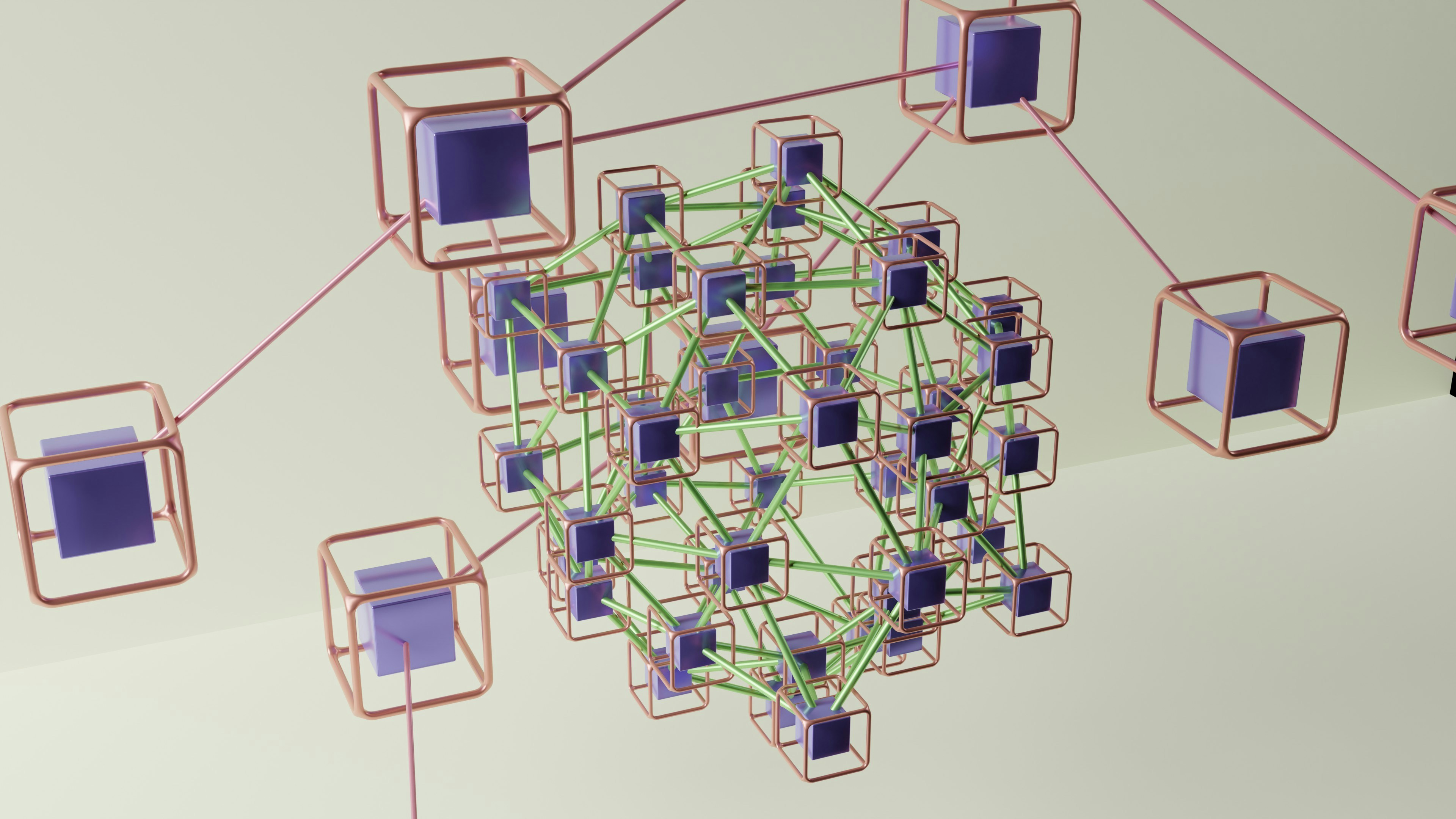Job description- Fire and Safety Engineer
This role is for a person that has experience and knowledge in areas of the Fire Industry as a Fire and Safety Engineer. We have a need for a person with Fire Alarm, Fire Extinguisher and Emergency Lighting experience, the salary shown will be dependent on how much knowledge & experience along with their specific fire skill set they have already,
Further training & development in all fire skill set areas such as Fire Risk Assessment, Fire Door Reports, Fire Stopping Reports, being trained to deliver Fire Marshal Courses, and many more fire related disciplines will be given.
This is all due to our continued expansion and growth, MAGG Fire Services Limited is a fire safety/protection and prevention company based in Penkridge, Stafford, who are looking for a hard-working, determined & sociable individual to join our team.
MAGG has an extensive service portfolio across a wide range of fire safety solutions, systems and equipment, we need a confident member with excellent customer service skills to deliver the dedicated and unsurpassed service levels that we pride ourselves on.
There could not be a better time to join us, with continuous investment into the business, new technology and training:
- Become a multi skilled fire professional/engineer
Work for a passionate family friendly owned business
Expand your fire related skill set
Work with several prestigious customers
Build a career with an established and growing business
Main Duties & Responsibilities as Fire and Safety Engineer:
Carry out the testing and maintenance of a range of Fire Alarm systems and emergency lighting including the commissioning, servicing & installation.
Carry out the testing and maintenance of Fire Extinguishers, including commissioning, service and installation.
Carry out planned preventative maintenance, re-active and small installation works, as instructed, ensuring all works are completed during the required time.
Ensure all works are carried out in line with company policies and procedures.
Ensure job sheets are provided for all works. Records of work must be accurate, clear and legible.
Be proactive in identifying variations and non-compliances and ensure adequate information is collated to provide necessary recommendations / quotes to the client.
Liaise with office, providing prompt updates on progress, ensuring jobs are extended where required and closed in a timely manner / within the compliance period.
Provide telephone support to clients. This may include an initial call to determine the issue, see if a phone fix is possible and if not determine the skill set required for any attending operative.
Provide telephone support to other engineers.
Take ownership of the client’s needs and pursue good communications with the customer, to build a stable relationship.
Knowledge, Skills & Experience as Fire and Safety Engineer:
Demonstrate a good working knowledge.
Demonstrate a good working knowledge of varying manufacturer’s fire alarm systems (both addressable & non-addressable). This should include the use of their software and the ability to program their systems.
Completed either a recognized electrical or alarm apprenticeship or have a proven track record within the fire alarm industry.
Basic electrical knowledge.
Good organizational skills.
Good understanding of compliance with Health and Safety.
Ability to work as part of a team.
Sound level of administration and organizational skills.
Conscientious, reliable and consistent.
Extinguisher certification and experience would be advantageous.
Competitive rates of pay final salary to be discussed at interview.
Job Type: Full-time
Pay: £28,000.00-£35,000.00 per year
Additional pay:
● Bonus scheme
● Performance bonus
Benefits as a Fire and Safety Engineer:
● Company car
● Company events
● Company pension
● Employee mentoring programme
● Free parking
● On-site parking
Schedule:
● Monday to Friday
Experience:
● Knowledge of the fire safety/protection industry: 1 year (preferred)
Work Location: In person


